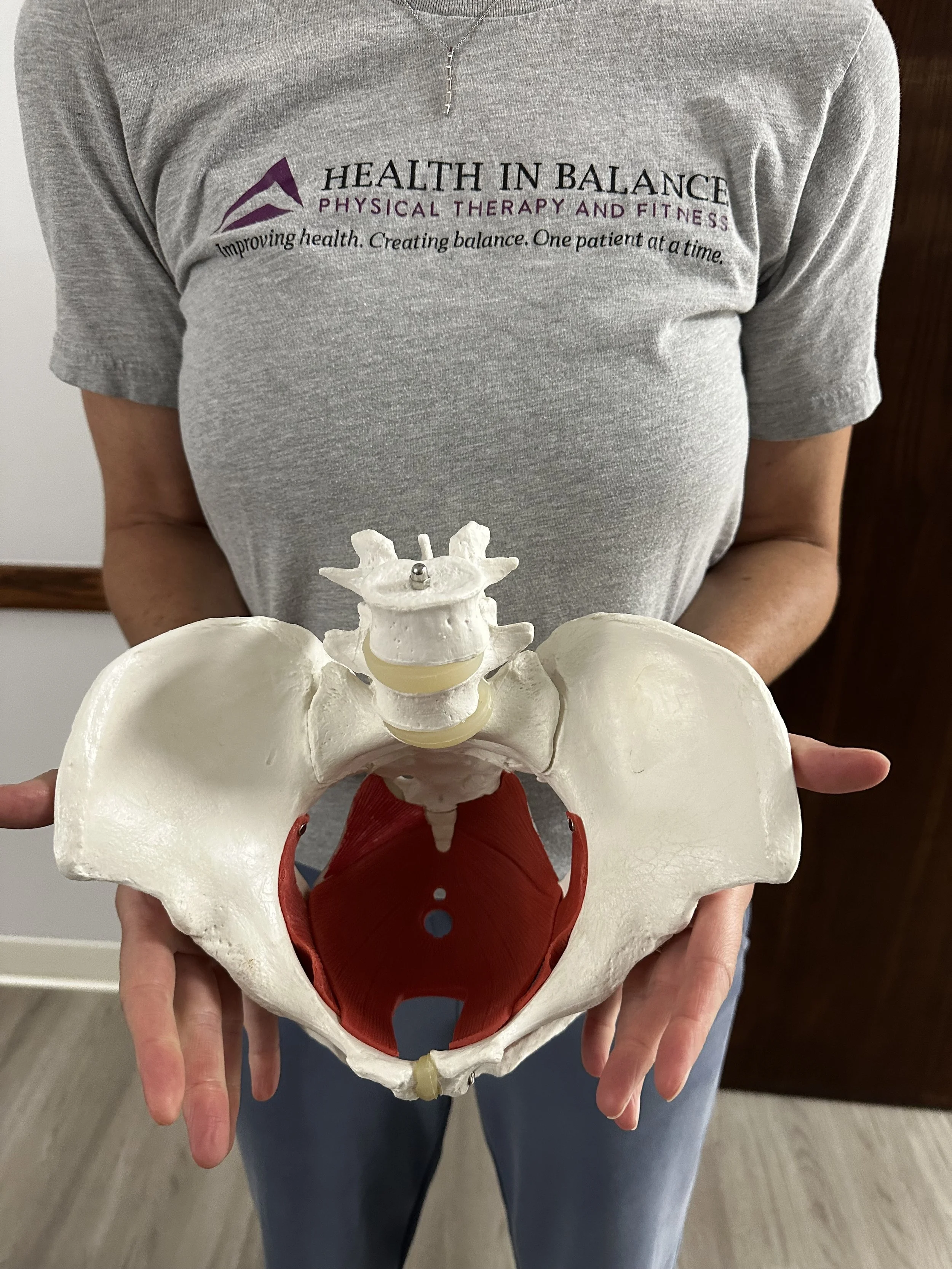YES, you do need PT after an ankle sprain
An ankle sprain might feel like “just a rolled ankle,” but it’s one of the most common injuries that people brush off. That’s exactly why it often leads to repeat sprains, chronic pain, or lingering weakness. The truth is, once those ligaments are overstretched or torn, your ankle loses some of its natural stability. Without proper rehab, you’re more likely to deal with stiffness, swelling that won’t quite go away, or can lead to chronic re-injury down the road.
Physical Therapy: Helping Athletes Recover Faster (and Prevent Injury)
For athletes, there’s nothing more frustrating than being sidelined by injury. But the truth is with the right rehab program, you can often recover faster and even come back stronger than before.
While general strength and conditioning programs make you fitter, PT is individualized to your body, your sport, and your goals. A sprinter doesn’t need the same program as a volleyball player; and the knowledge and experience from our PTs can help bridge that gap.
Best Stretches for Pickleball Players Over 40
Pickleball is exploding in popularity around Mequon, WI. But if you’re 40+ and hitting the courts regularly, you’ve probably felt sore shoulders, stiff knees, or tight calves. At Health In Balance Physical Therapy, we help local pickleball players stay pain-free. Here are three stretches to keep you moving.
The Pelvic Floor and Weird Perimenopause and Post-menopause Issues
Here’s the positive news: you can actively do something about these issues and learn tips and tricks in physical therapy without medication or surgery. Strengthening and effectively relaxing your pelvic floor is key to maintaining whole-body health through perimenopause and post-menopause.
The Hidden Muscle That Changes Everything
You may not feel these muscles working, but they’re active throughout the day, helping you move with ease and stability. When they’re not working the way they are supposed to — whether they’re weak, tense, or uncoordinated — you may start to notice symptoms that impact you in all sorts of different ways from bladder control to sexual pain.





















